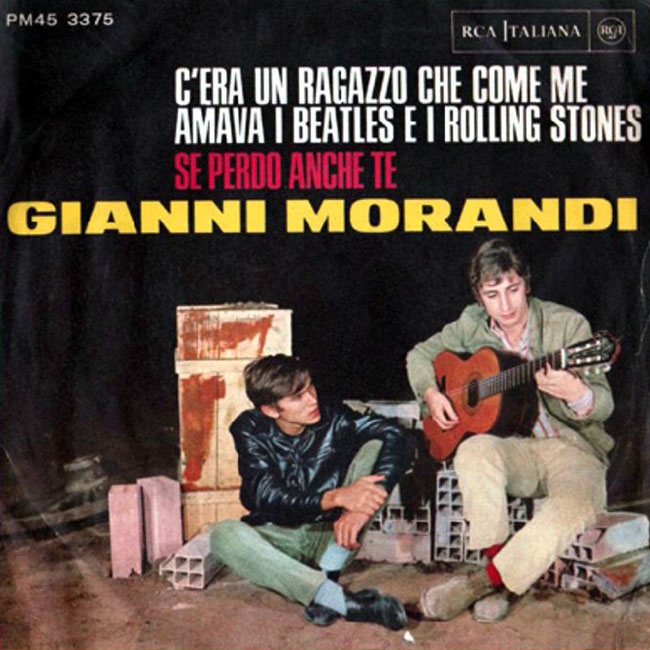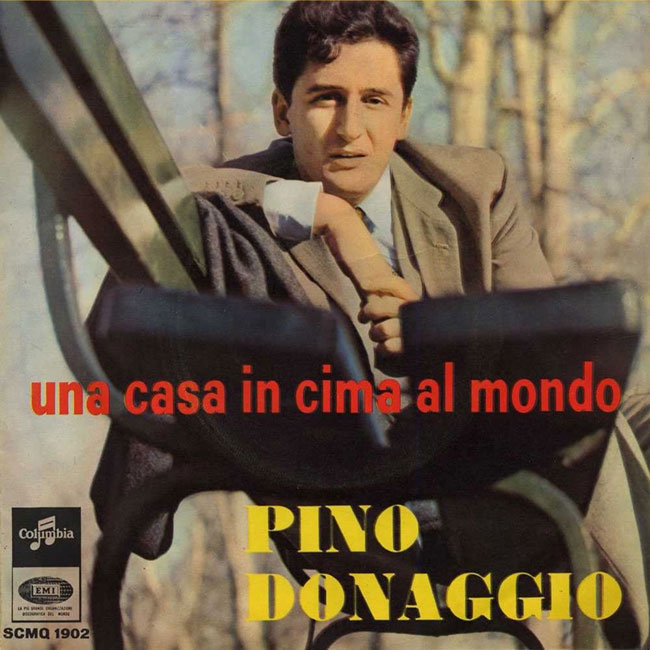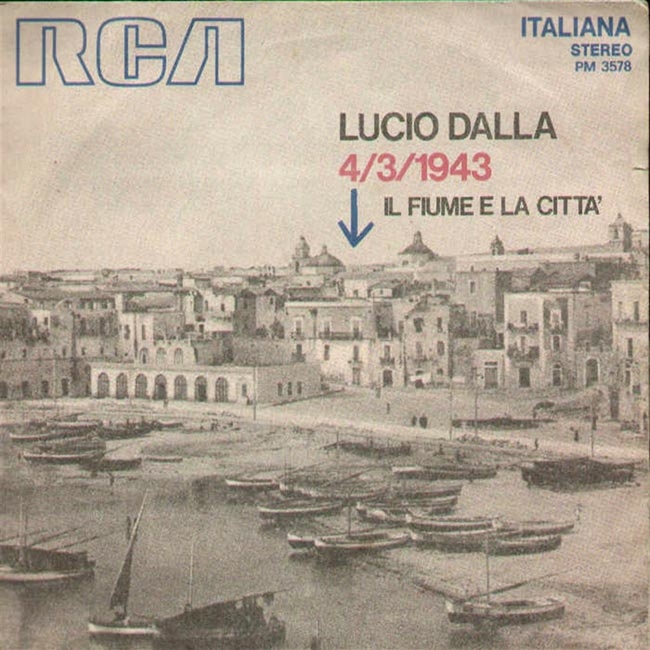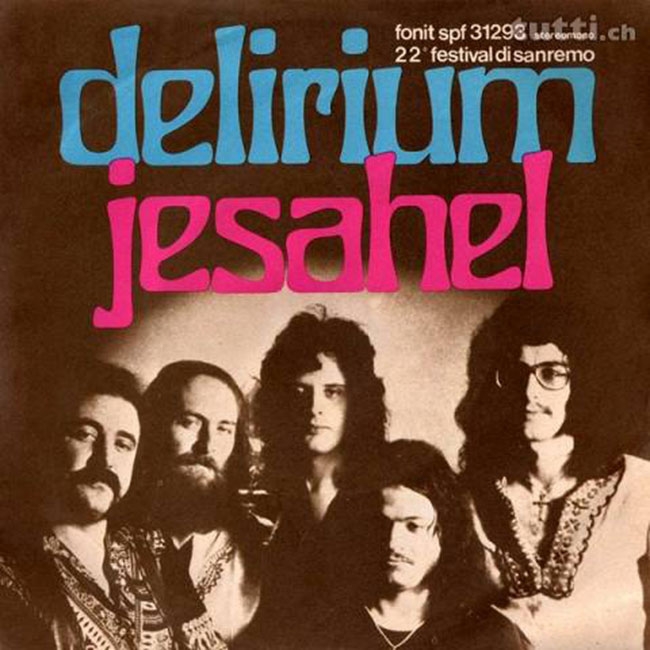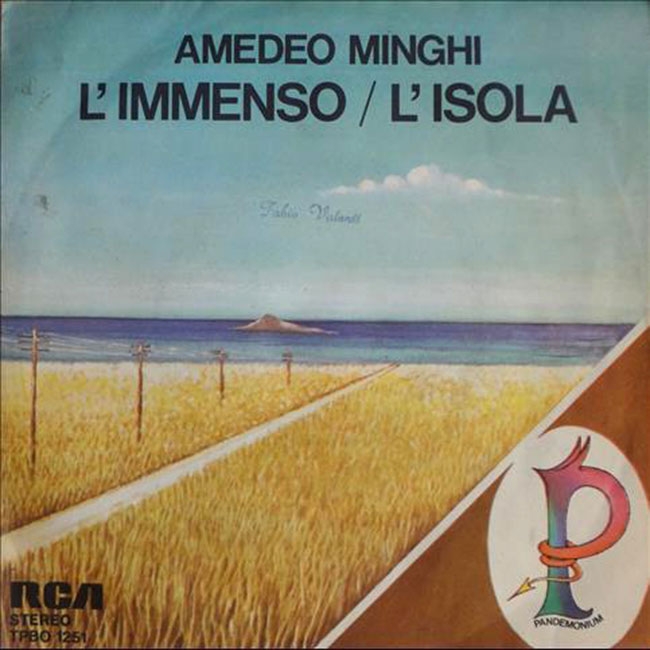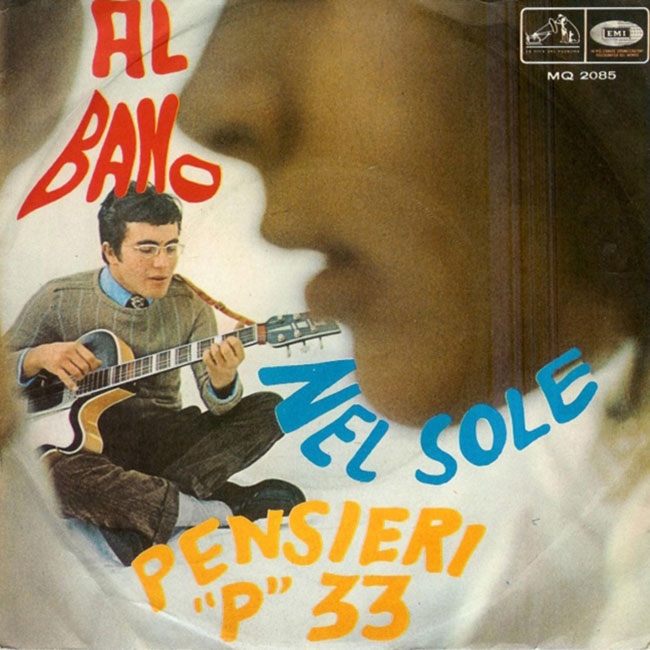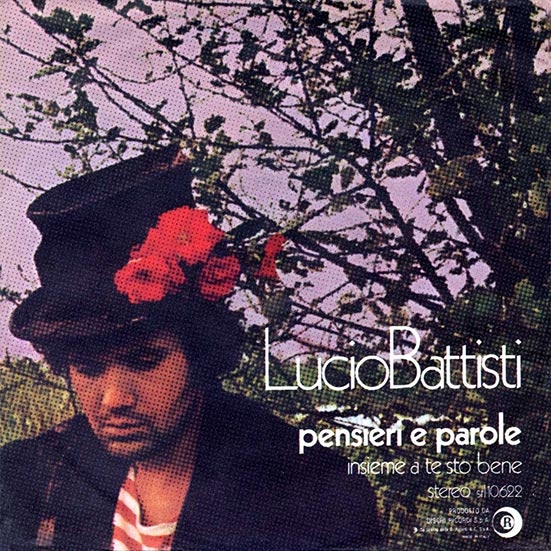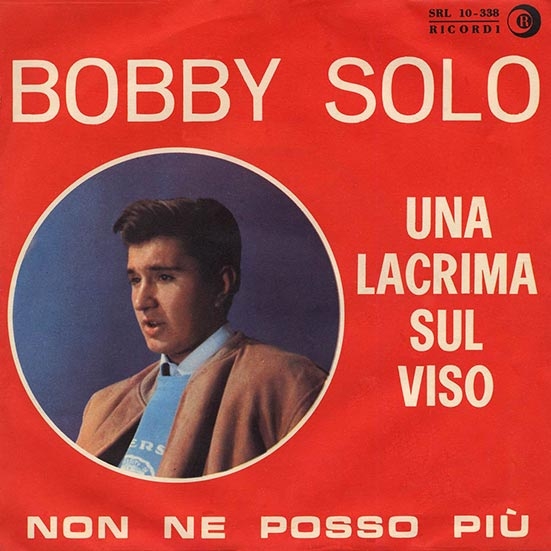Riposino in pace playlist
Rest in peace
The theme of death stands out in the art, literature, and poetry of all eras. Not so much in songs, which often favour ephemeral, positive emotions. And when it changes register – into suffering, despair – it’s for a love story that has ended badly. It’s rare to cry over those who are no longer there. An exception to this rule are the works of songwriters who have often dealt with death from the 1960s to today.
This collection opens with the “medieval” sounds of a young De Andrè who with La morte (1967) adapted a piece by George Brassens (“Death will come suddenly, it will have your lips and your eyes”) and continues, again in a spirit of the dark ages, with Branduardi’s Ballo in Fa diesis minore (1977) in the footsteps of the ancient dance Schiarazula Marazula (“I am Death and I wear a crown, I am the lady and mistress of all of you”). So, death begins to take the form of loved ones who have left us: the mother, for Francesco Renga (Tracce di te, 2014), the father, for Carmen Consoli (Mandaci una cartolina, 2009), Giorgia’s boyfriend (Gocce di memoria, 2003, dedicated to the singer-songwriter Alex Baroni). Then there are the friends and recipients better left unnamed, the object of poignant elegies in which the authors have often given their best: from Francesco Guccini, with the song that opened his concerts (In morte di S.F.- Canzone per un’amica, 1967) to Pino Daniele (Stare bene a metà, 1997), from Vasco Rossi who dedicates Gli angeli (1996) to a friend who died of cancer, to Ligabue who sings “l’ll get used to not visiting you/l’ll get used to turning around and you won’t be there” (M'abituerò, 2012).
In the finale are two counter-current artists and intellectuals like Luigi Tenco, to whom his friend De Andrè dedicates Preghiera in gennaio (“You conformists, I hope you don’t mind/ if in Heaven among the Saints, God, with his embrace/will stifle the sobbing of those dead lips/which preferred death to hatred and ignorance”, 1967) and Pier Paolo Pasolini, in the homage by Giovanna Marini (Lamento per la morte di Pasolini, 1975) based on a religious song of the Abruzzi. The irreverent ending is performed by Niccolò Fabi, who in Rosso (1997) dreams of dying to see who will come to his funeral.

